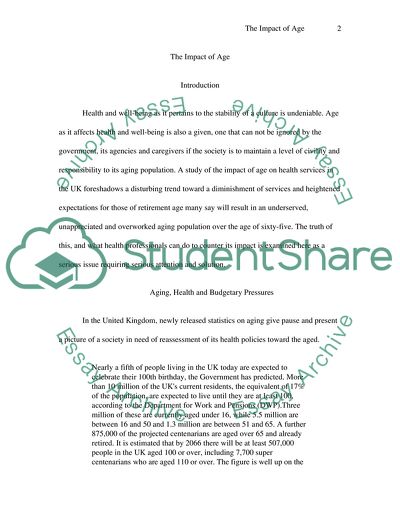Cite this document
(The Impact of Age on Health and Well-Being in the United Kingdom Coursework, n.d.)
The Impact of Age on Health and Well-Being in the United Kingdom Coursework. https://studentshare.org/sociology/1747733-social-care-and-health-study
The Impact of Age on Health and Well-Being in the United Kingdom Coursework. https://studentshare.org/sociology/1747733-social-care-and-health-study
(The Impact of Age on Health and Well-Being in the United Kingdom Coursework)
The Impact of Age on Health and Well-Being in the United Kingdom Coursework. https://studentshare.org/sociology/1747733-social-care-and-health-study.
The Impact of Age on Health and Well-Being in the United Kingdom Coursework. https://studentshare.org/sociology/1747733-social-care-and-health-study.
“The Impact of Age on Health and Well-Being in the United Kingdom Coursework”. https://studentshare.org/sociology/1747733-social-care-and-health-study.


